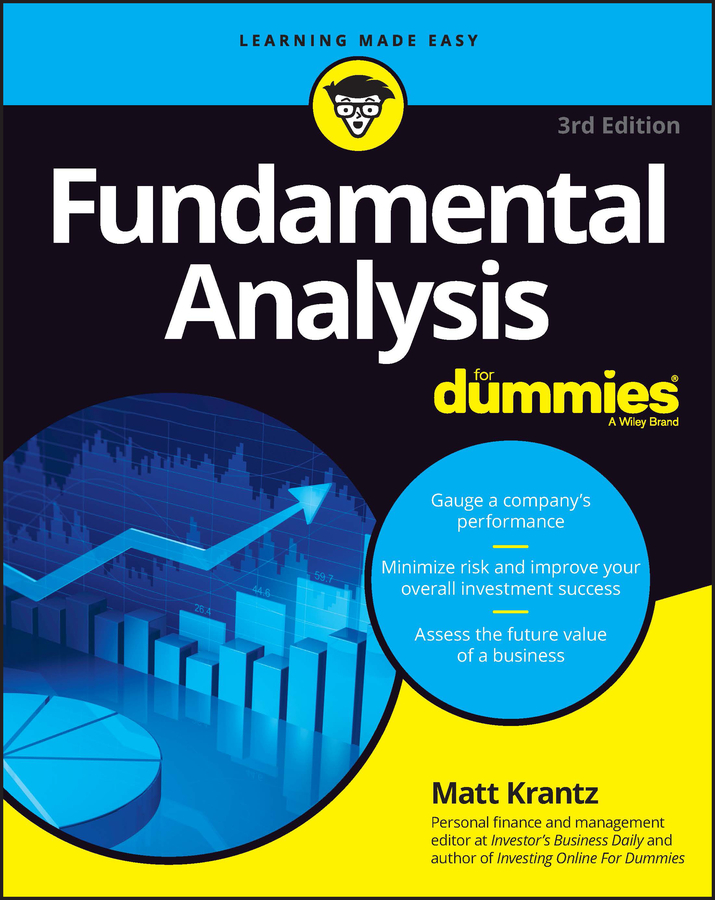An index is a statistical measure that represents the value of a batch of stocks. Investors use this measure like a barometer to track the overall progress of the market (or a segment of it).
The primary difference between an “index” and an “average” (such as the Dow Jones Industrial Average) is the concept of weighting. Weighting is the relative importance of the items when they are computed within the index. Several kinds of indexes exist, including:
Price-weighted index: This kind of index tracks changes based on the change in the individual stock’s price per share.
Here's an example. Suppose that you own two stocks: Stock A worth $20 per share and Stock B worth $40 per share. A price-weighted index allocates a greater proportion of the index to the stock at $40 than to the one at $20. Therefore, if you had only these two stocks in an index, the index number would reflect the $40 stock as being 67 percent (two-thirds of the number), while the $20 stock would be 33 percent (one-third of the number).
Market-value weighted index: This kind of index tracks the proportion of a stock based on its market capitalization (or market value, also called market cap).
Say that in your portfolio, you have 10 million shares of a $20 stock (Stock A) and 1 million shares of a $40 stock (Stock B). Stock A’s market cap is $200 million, while Stock B’s market cap is $40 million. Therefore, in a market-value weighted index, Stock A represents 83 percent of the index’s value because of its much larger market cap.
Broad-based index: The sample portfolios in the preceding bullets show only two stocks — obviously not a good representative index. Most investing professionals (especially money managers and mutual fund firms) use a broad-based index as a benchmark to compare their progress. A broad-based index has the purpose to provide a “snapshot” of the entire market, such as the S&P 500 or the Wilshire 5000.
Composite index: This is an index or average that is a combination of several averages or indexes. An example is the New York Stock Exchange (NYSE) Composite, which tracks all the stocks on the NYSE.

